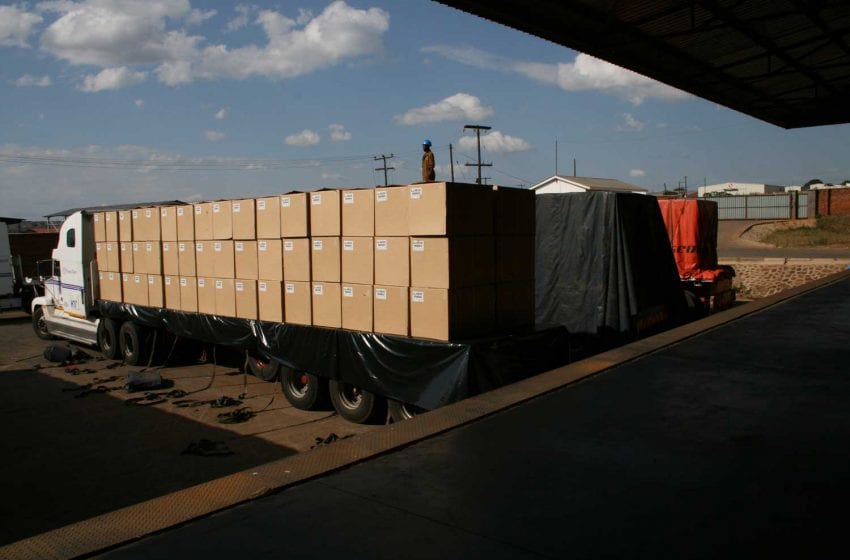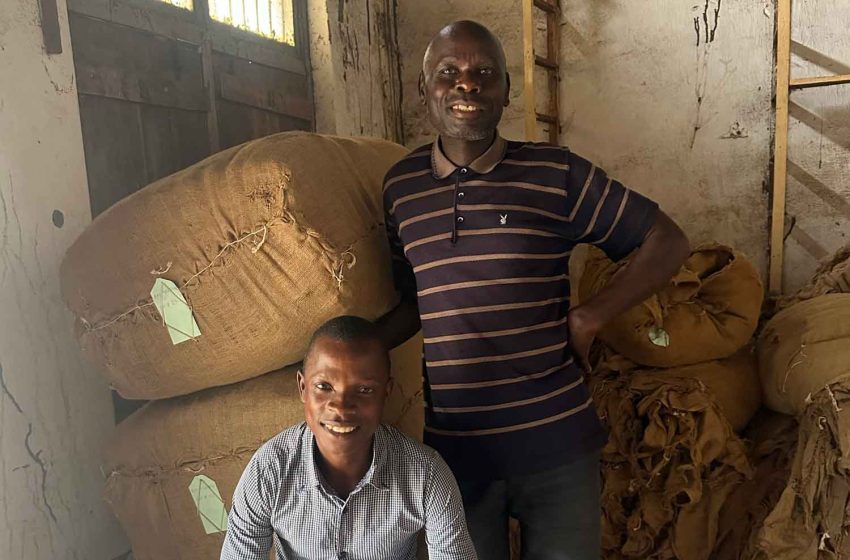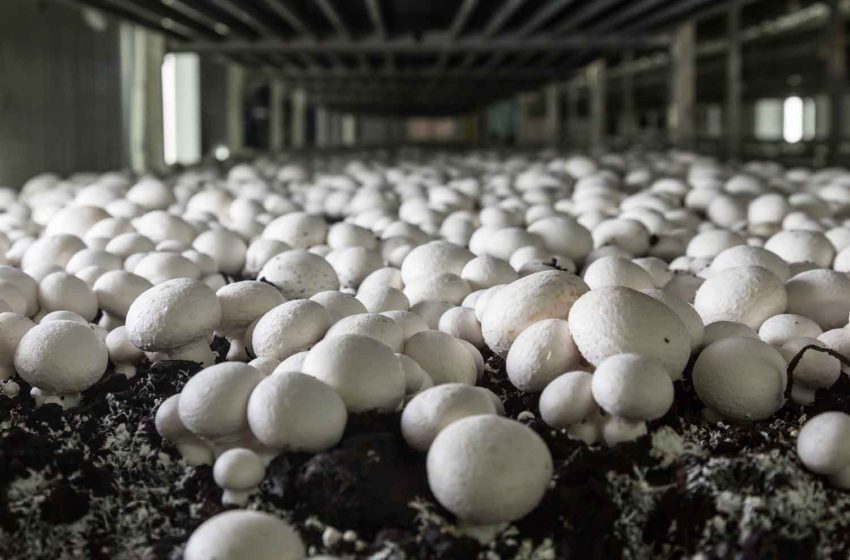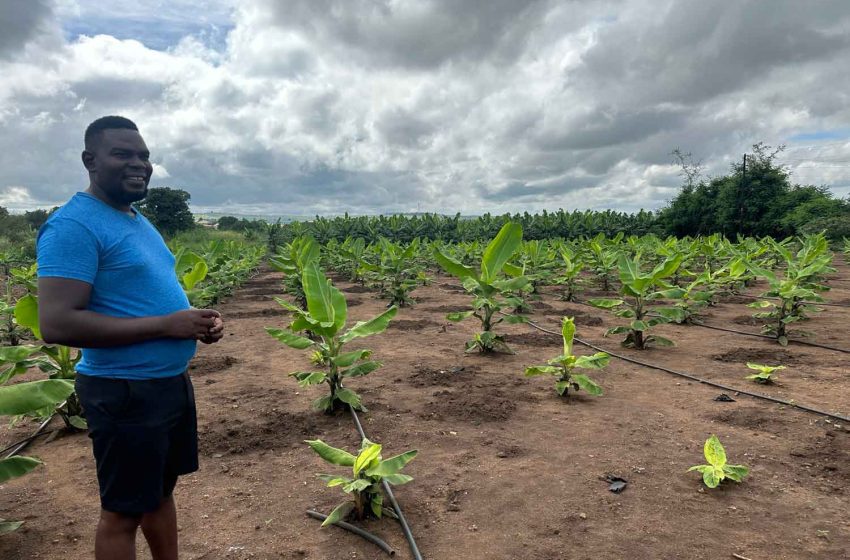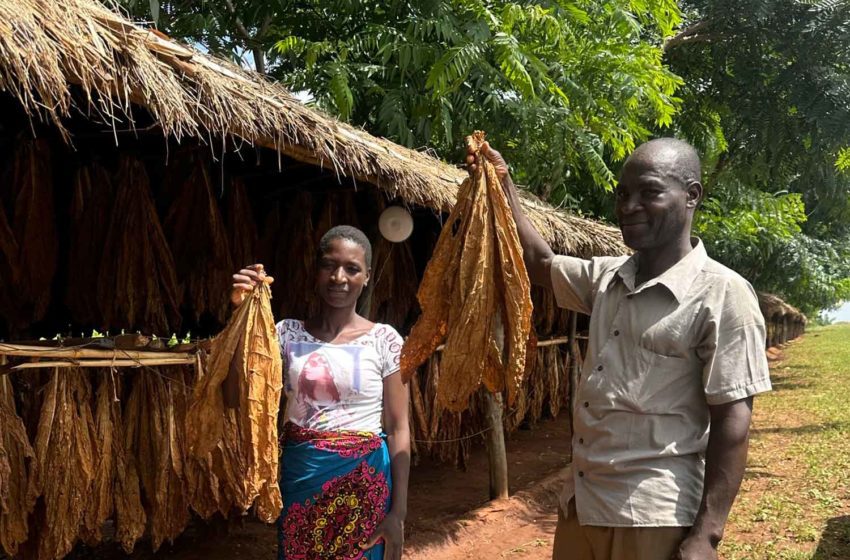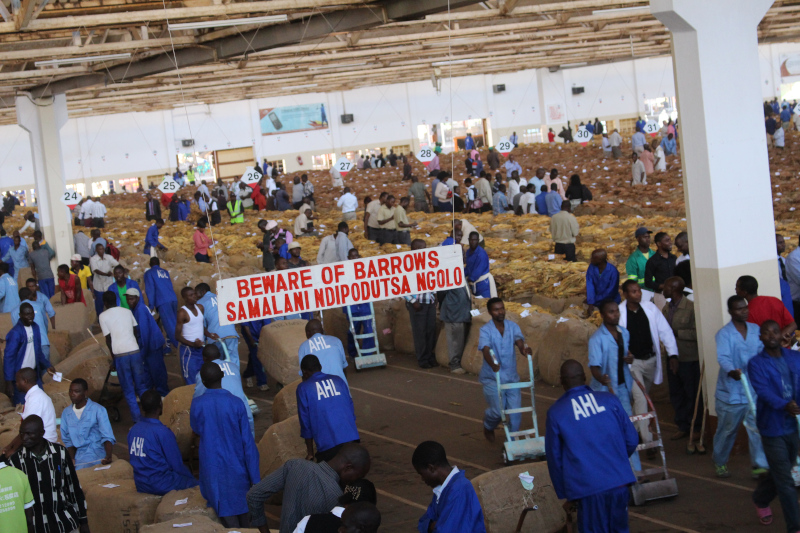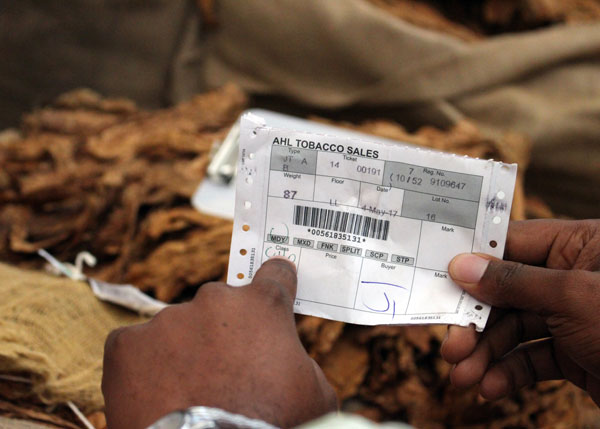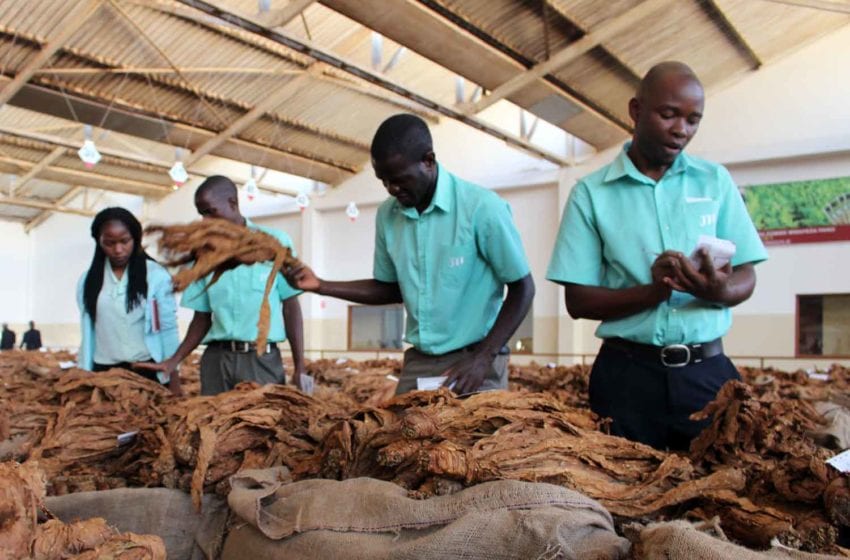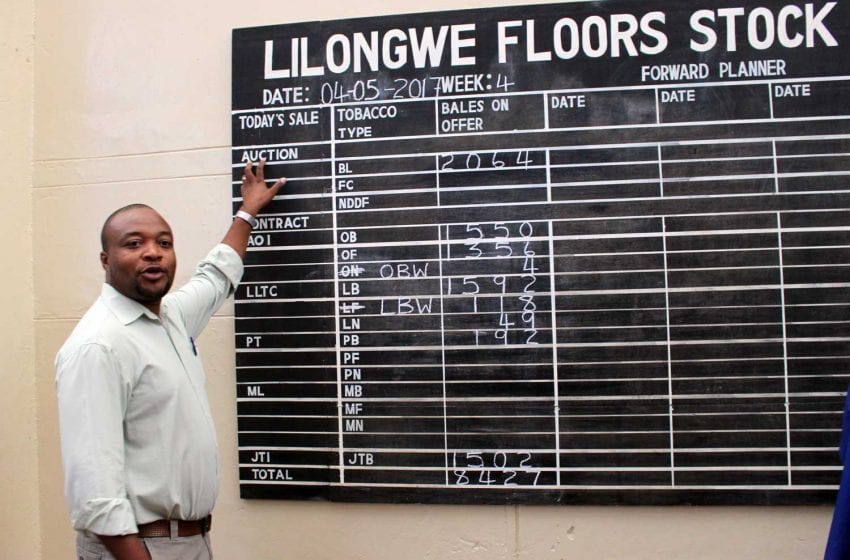Malawi burley remains popular even as global smoking rates stagnateRead More
Tags :Malawi
Following a record low harvest in 2022, Malawi has produced a more typical crop this season.Read More
Mushrooms sprout new opportunities for Malawi. Read More
Rebuilding Malawi's banana value chain.Read More
Offsetting the rising cost of productionRead More
But the country will need to earn more to alleviate its severe balance-of-trade crisis. Read More
The earnings will help offset the significantly increased cost of production this growing season. Read More
About 20,000 bales have been presented; 2,600 are expected to be sold opening day. Read More
Financial statements included $1.2 million in fictitious sales to Eastern Co. Read More
Zimbabwean growers anticipate strong demand, while Malawi farmers ask for intervention. Read More
